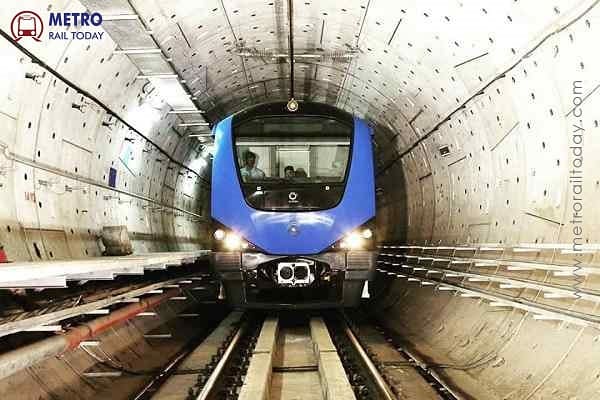 CMRL achieves second Tunnel Breakthrough at Thirumayilai for Chennai Metro Phase 2 Corridor 4
CMRL achieves second Tunnel Breakthrough at Thirumayilai for Chennai Metro Phase 2 Corridor 4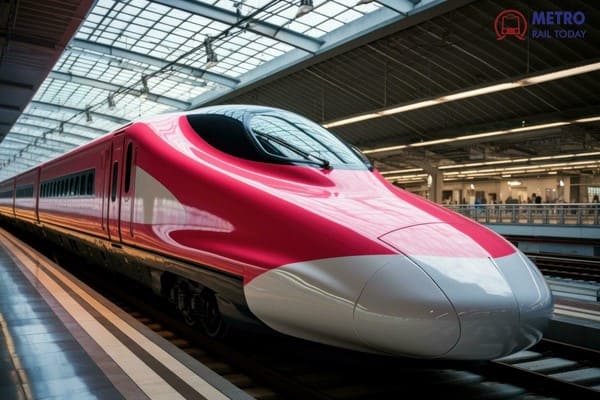 NHSRCL invites Single Tender from BEML for Bullet Train Rolling Stock Package
NHSRCL invites Single Tender from BEML for Bullet Train Rolling Stock Package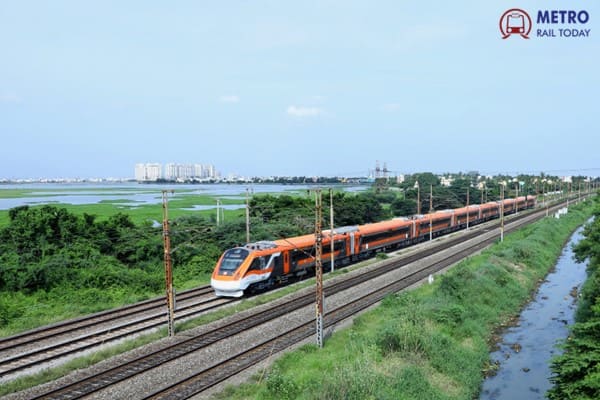 Railway Minister reviews progress of Ahmedabad–Dholera Semi High-Speed Rail Project
Railway Minister reviews progress of Ahmedabad–Dholera Semi High-Speed Rail Project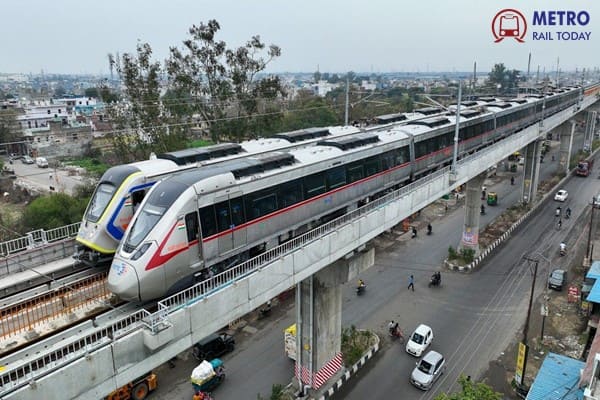 National Planning Group reviews key Rail & Metro projects under PM GatiShakti
National Planning Group reviews key Rail & Metro projects under PM GatiShakti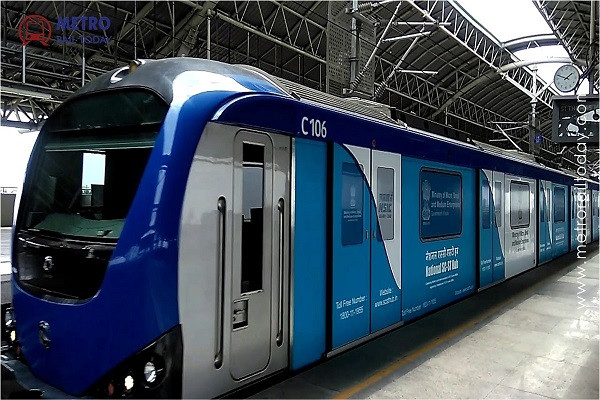 CMRS approves Driverless Metro Operations on first stretch of Chennai Metro Phase 2 Corridor 4
CMRS approves Driverless Metro Operations on first stretch of Chennai Metro Phase 2 Corridor 4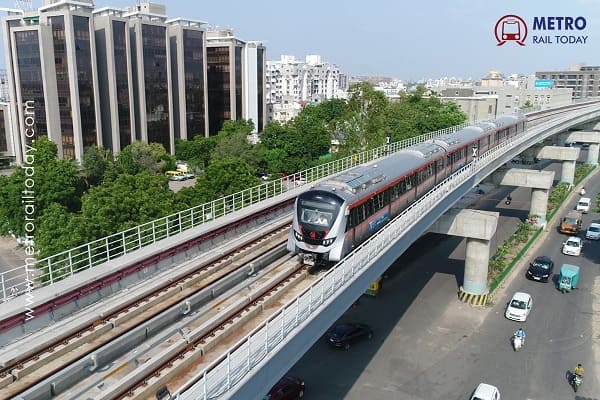 J Kumar Infraprojects completes Final Tunnel Breakthrough for Surat Metro Phase 1 Project
J Kumar Infraprojects completes Final Tunnel Breakthrough for Surat Metro Phase 1 Project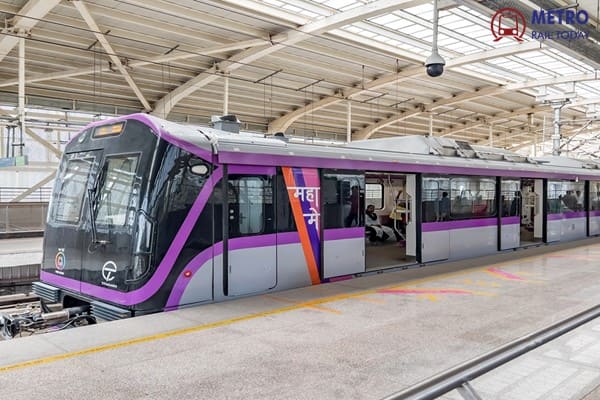 Apurvakriti Infrastructure awarded Ballastless Track Contract for Pune Metro Reach-1 Extension
Apurvakriti Infrastructure awarded Ballastless Track Contract for Pune Metro Reach-1 Extension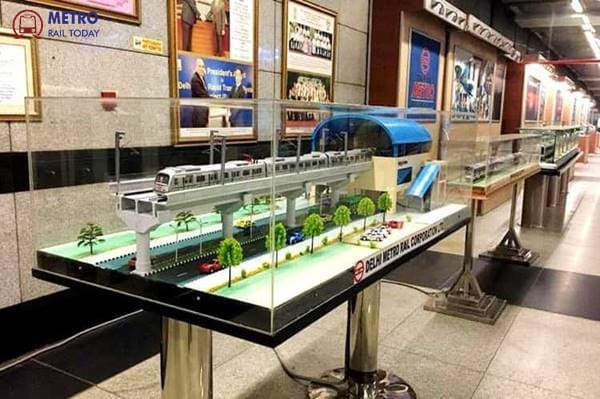 SAM India Builtwell bags first ₹222.76 Crore Civil Contract for Delhi Metro Phase V
SAM India Builtwell bags first ₹222.76 Crore Civil Contract for Delhi Metro Phase V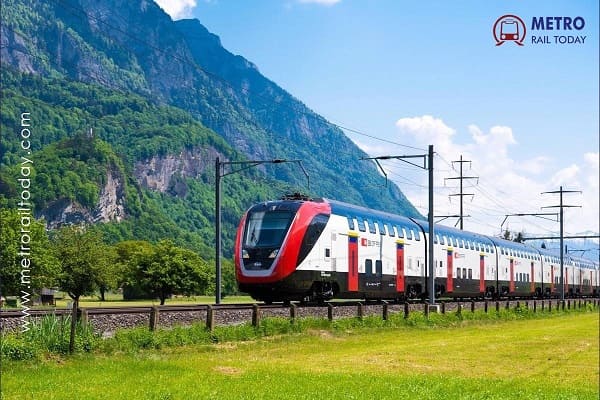 HRIDC conducts Investors Pre-Bid Meeting for Haryana Orbital Rail Corridor
HRIDC conducts Investors Pre-Bid Meeting for Haryana Orbital Rail Corridor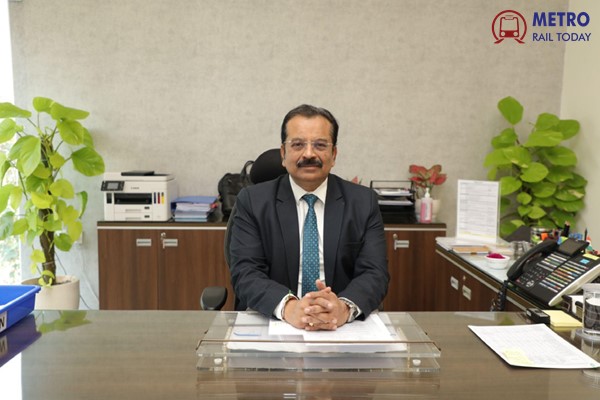 NCRTC Chief Shalabh Goel appointed as General Manager of Central Railway
NCRTC Chief Shalabh Goel appointed as General Manager of Central Railway
Hitachi Rail GTS India Wins ₹76 Crore AFC Contract for Bangalore Metro Phase 2A & 2B
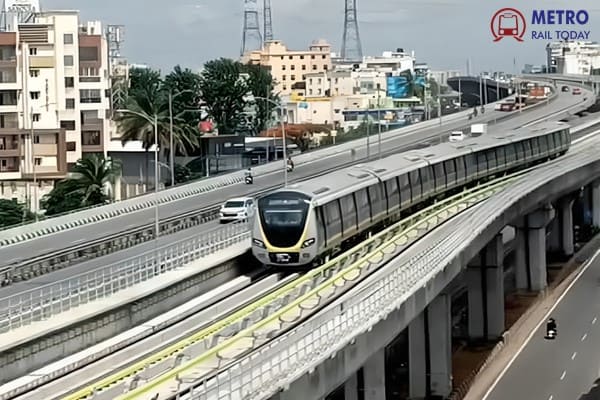
Bengaluru, India (Metro Rail Today): In a major development for Bengaluru’s expanding metro network, Bangalore Metro Rail Corporation Limited (BMRCL) has announced Hitachi Rail GTS India as the lowest bidder for the Automatic Fare Collection (AFC) System contract covering Phases 2A and 2B of the city’s metro expansion.
Hitachi Rail emerged as the frontrunner with a bid of ₹76 crore, significantly undercutting its only technically qualified competitor, TVM Signalling and Transportation Systems, which quoted ₹99.2 crore.
The scope of the contract includes the design, manufacture, supply, installation, testing, and commissioning of a modern AFC system across the Blue Line’s new corridors, along with seamless integration with the existing AFC infrastructure of Bangalore Metro.
Corridor Details
-
Phase 2A spans 18 km from Central Silk Board to K.R. Puram, forming a key east-west link through the city.
-
Phase 2B is the highly anticipated airport-link corridor, extending 37 km from K.R. Puram to Kempegowda International Airport (KIAL) in Devanahalli, with 17 stations planned along the route.
Together, these extensions form the city’s Blue Line, expected to significantly reduce congestion and enhance last-mile airport connectivity.
BMRCL had floated the tender earlier in 2025 with a completion deadline of 441 days. Five companies initially submitted bids. After a rigorous technical evaluation conducted on 22 September 2025, three bidders were disqualified. The financial bids of the remaining two contenders were opened on 24 September 2025, with Hitachi Rail GTS India emerging as the lowest bidder (L1).
- Hitachi Rail GTS India: ₹76.00 Crore (L1)
- TVM Signalling and Transportation Systems: ₹99.20 Crore (L2)
Scope of the AFC System
The contract specifically includes:
-
Supply and installation of Station Level Equipment (SLE), Station Computer (SC), and Central Computer System (CCS)
-
System-wide integration with Bangalore Metro’s existing fare collection network
-
Enhanced reliability and scalability to support projected ridership increases from the airport corridor and the tech-dense Silk Board stretch
The award marks a significant milestone in preparing the Blue Line for commercial operations, especially as the city gears up for seamless urban mobility ahead of the 2030 infrastructure vision. Once implemented, the AFC system will provide metro commuters with a unified, cashless, and faster ticketing experience, reducing queues and operational delays.
Formal award and contract execution are expected soon, paving the way for deployment within the 14.5-month deadline.




